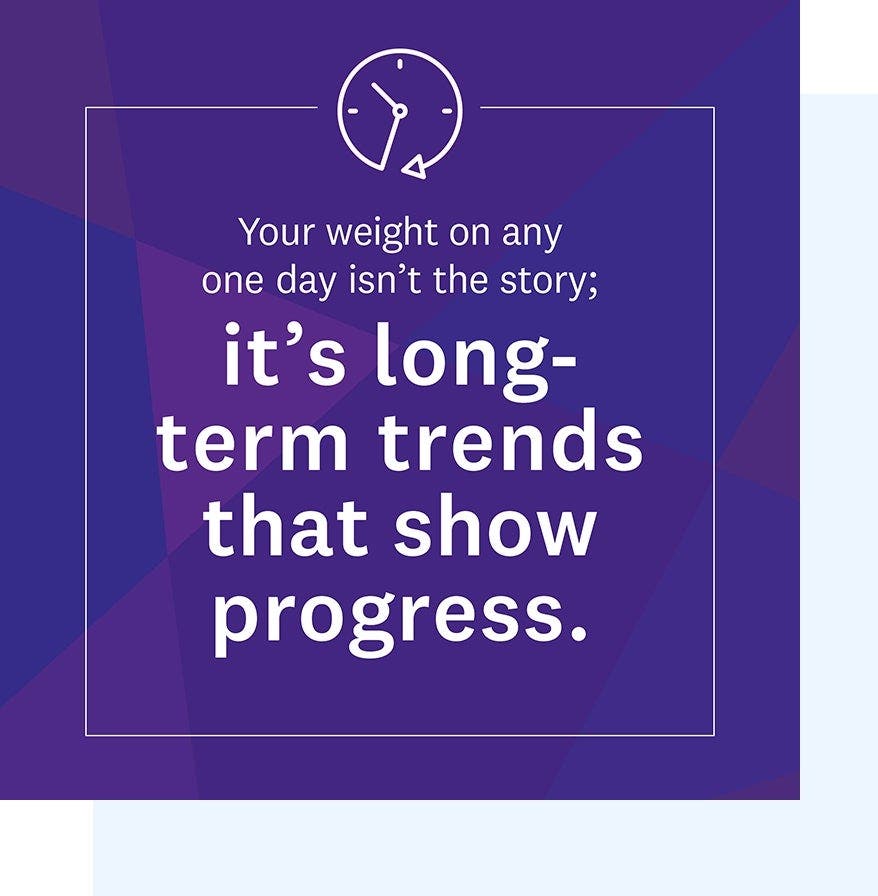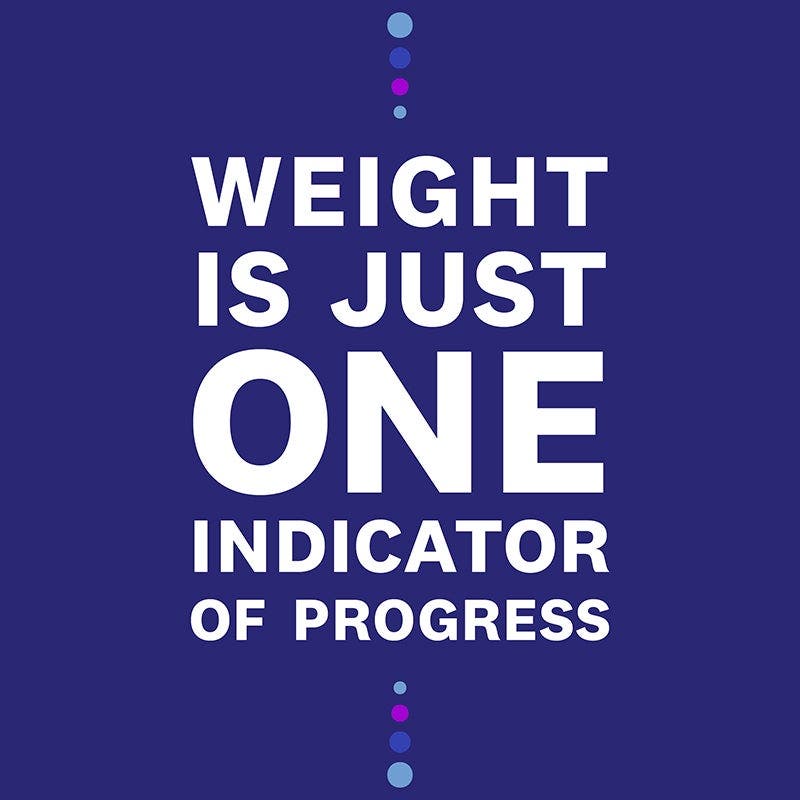Why Affirmations Set You Up for Weigh-In Day Success | WW UK
Why Affirmations Set You Up for Weigh-In Day Success
They’re short. They’re powerful. And they build confidence. (Science says so!)
Fun fact: Affirmations aren’t a bunch of woo-woo.
Turns out, they really do work.
Research shows that thinking helpful thoughts while tracking your weight can fuel the healthy habits you're developing. When we’re our own cheerleaders we’re more likely to believe we can make things happen and keep working toward our goals. And when we show ourselves kindness and compassion—no matter what the scale says—we’re more likely to take care of ourselves and engage in healthy behaviors. 1, 2
So today:
- Pick an affirmation that speaks to you
- Tape it up next to your scale
- Say it. Live it. Be it.
Get Expert Feedback
And we’ve got the best around! Listen to Dr. Allison, Ph.D., our Senior Director of Behavior Change Strategies and Coaching, on how to stop stressing about the scale and what your takeaway should be, no matter the number you see.

This is a modal window.

Celebrate the Milestones, No Matter How Small
Weight is just one indicator of progress. Are you sleeping better, taking the stairs more frequently, or hitting other goals that you’ve set for yourself? We want to toast them with you! Go to Connect and share your non-scale victories so we can hype you up like you deserve.







